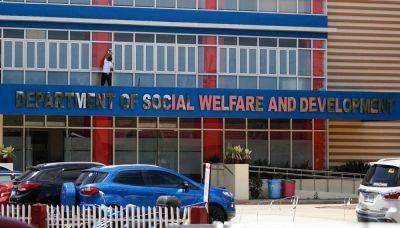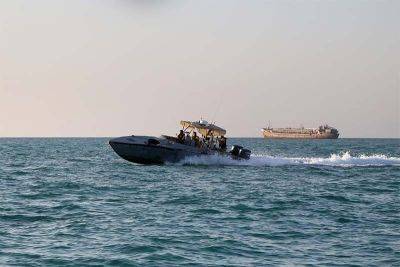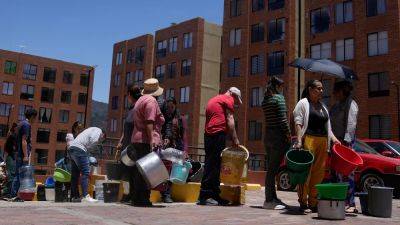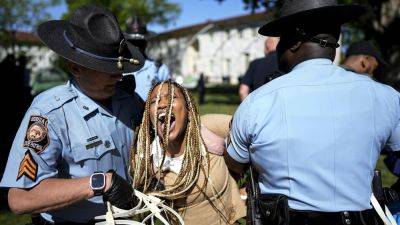Nepalis demand safeguards a decade after deadly Everest disaster
KATHMANDU, Nepal — Ten years ago, Nepali mountain guide Dawa Tashi Sherpa was fighting for his life after being hit by an avalanche on Everest which was then the deadliest disaster on the world's highest mountain.
The accident, which killed 16 Nepali guides on April 18, 2014, shone a spotlight on the huge dangers they face to let high-paying foreign clients reach their dreams.
Without their critical work to carve out climbing routes, fix ropes, repair ladders and carry heavy gear up the mountain, few foreign visitors could make it to the daunting peak's top.
A decade ago, a wall of snow barrelled through the Nepali guides as they heaved heavy kit up the treacherous high-altitude Khumbu icefall in the freezing dark.
The force of the avalanche tossed Dawa Tashi about 10 metres (33 feet) down, injuring his rib cage, left shoulder blade and nose.
Dawa Tashi, then aged 22, recalled his friends who died. Three of their bodies were never recovered.
"I was lucky to survive," he told AFP. "In the hospital, whenever I tried to sleep, they would appear in front of my eyes."
The disaster led to protests for improved benefits and conditions for the guides, and an unprecedented shutdown on the peak for a season.
It sparked a debate about compensation for the families of injured or killed Nepali guides and mountain workers.
Many are forced to rely on the charity of Western climbers -- despite being employed by expedition companies and being fundamental to the multimillion-dollar industry's success.
"It was very difficult back then," said Nima Doma Sherpa, who lost her husband Tsering Onchu, 33, in the avalanche.
"What can you do when the main pillar of your house is not there? The children were small, and I was worried how I will educate them and how we will sustain ourselves."
The government reaps hefty revenues from the lucrative climbing industry -- in the last season in 2023, it earned more than $5 million from Everest fees alone.
Soon after the 2014 accident, it pledged a meagre $400 to the families of those killed to cover funeral expenses.
The offer was rejected by angry Nepalis, whose families received only $10,000 then in life insurance.
The resulting furious dispute,







